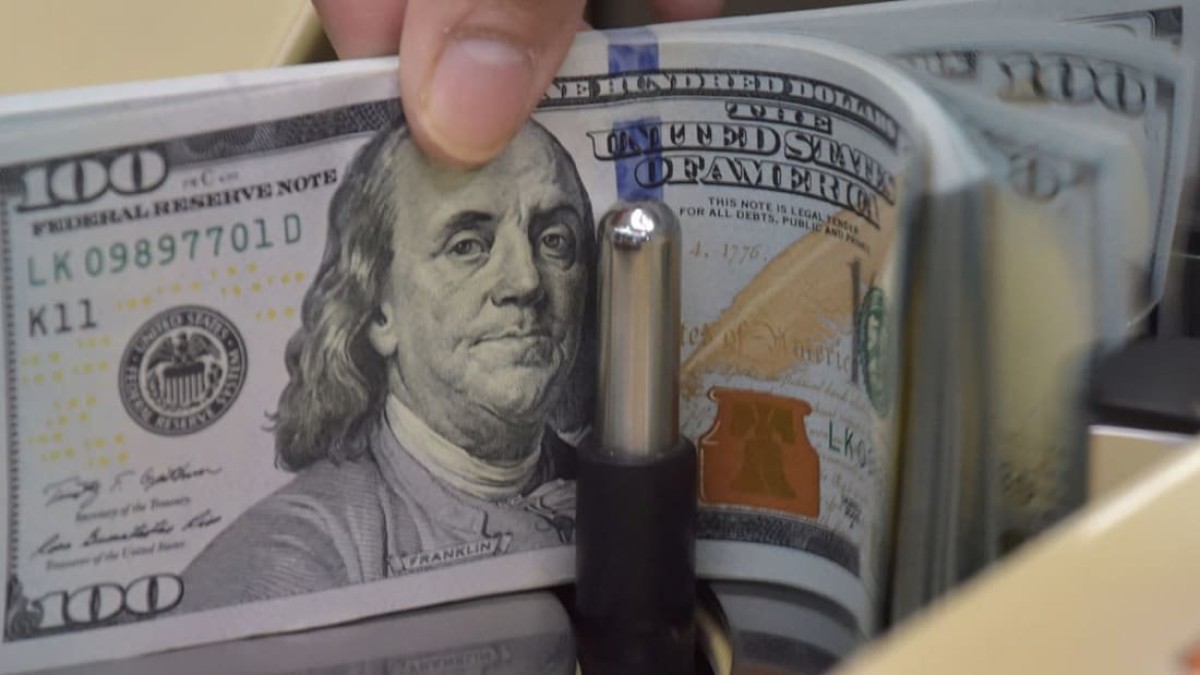Why did the Houthis stop delivering citizens' dollar transfers?!


The armed Houthi group has stopped Yemenis receiving their dollar transfers since the beginning of the week, by decision of the group’s central bank in Sanaa.
According to money changers in Sanaa who spoke to Yemen Monitor, the Central Bank directed money changers and banks to stop receiving remittances in dollars weeks ago, but the decision was officially issued on Thursday.
The decision indicates that external transfers in Saudi riyals are delivered in Saudi riyals, with interest not exceeding a quarter of a percent of the transfer amount, with the possibility of exchanging them for Yemeni riyals, and remittances in dollars are paid in Saudi riyals, with the possibility of exchanging them in Yemeni riyals at the market price.
Circular of the Central Bank controlled by the Houthis in Sanaa
Economic analyst Rashid Al-Ansi said that the Houthis’ decision is the result of a crisis. “The supply of foreign exchange in the Houthi areas has become less, especially the dollar, especially the transfer from the Houthi-controlled areas to outside their areas, which was depleting them of currency, so they created problems to prevent foreign transfers.”< /p>
He pointed out that the Houthis are now “preventing foreign transfers outside the country.”
He added that the Houthis’ decision to prevent the receipt of remittances in dollars: indicates that there is a major crisis in the supply of dollars, which indicates a defect made by the Houthis in their efforts to control supply and demand in hard currency, and it is a big mistake for the authorities to interfere in the supply that is supposed to be carried out. The market, not the authority that can control demand.
He continued: Because the Houthis interfered in the supply of hard currencies, all remittances now reach the areas under the control of the legitimate (internationally recognized) government, which supports the price of the dollar in the areas of the government and not the Houthis. Secondly, there is freedom of trade in government-controlled areas: withdrawals and deposits without prosecution or levies, so the economy began to decline from Houthi-controlled areas to government-controlled areas.
This comes as the financial division in the country increased with the Houthis taking a decision at the end of 2019, prohibiting the circulation of new editions of currency printed in Aden in areas under their control, as the Houthis continued to use the currency of the old edition, most of which had become bad and unnegotiable, which was the decision. Which led to a decrease in liquidity in the areas under the group’s control, with most of it destroyed by residents.
The Houthis' decision also contributed to widening the gap between their areas of control and those of the government by creating two different prices for the local currency. It also led to an increase in fees for cash transfers from government areas to Houthi areas of more than 300% of the amount sent. United Nations efforts failed to heal the financial division between the two parties.